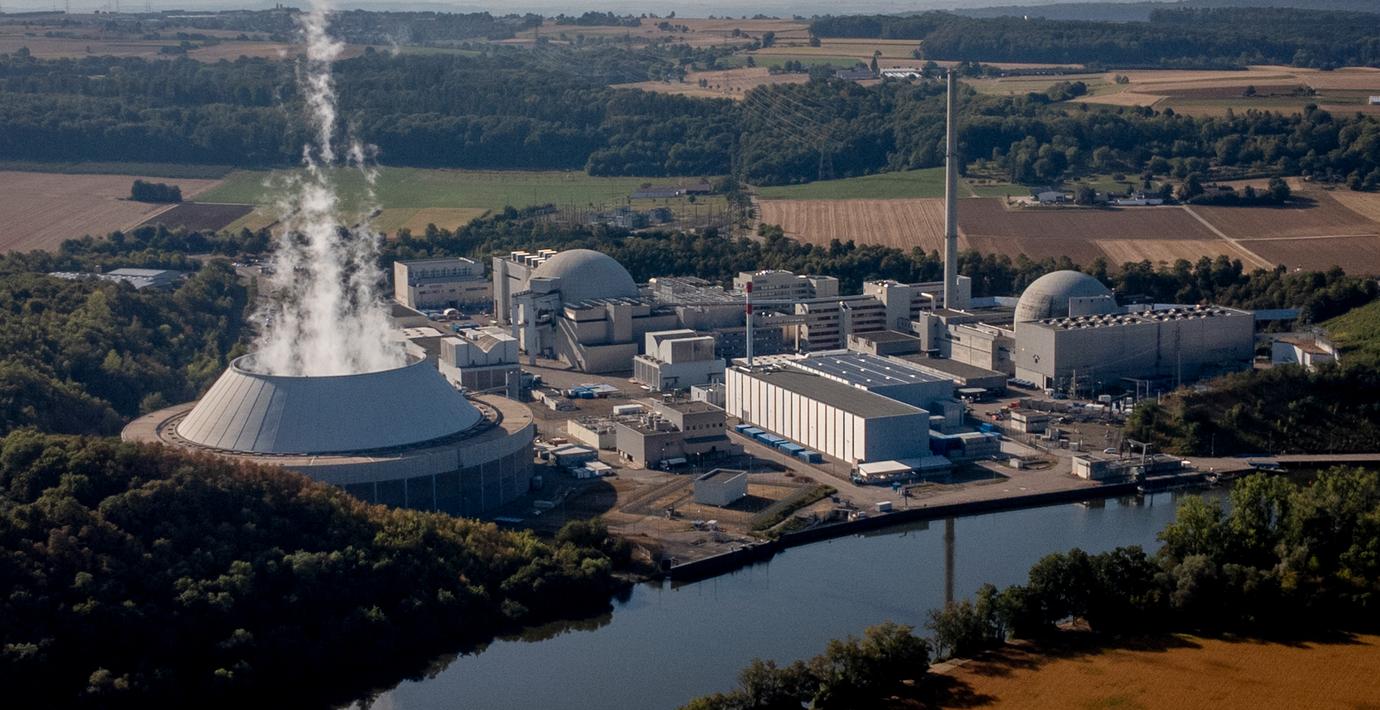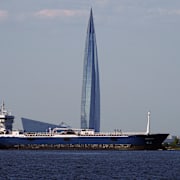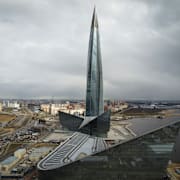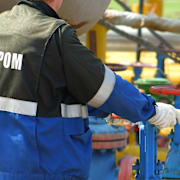
Tyska giren: Förlänger livstid på kvarvarande kärnkraft
Tyskland förlänger livstiden på de tre kärnkraftsanläggningar som ännu är i drift till åtminstone 15 april. Det meddelar förbundskansler Olaf Scholz på måndagen enligt internationella medier. Samtliga tre anläggningar skulle ha lagts ner vid årsskiftet och regeringens plan har tidigare varit att hålla två av dem aktiva.
Scholz går därmed mot sin energiminister Robert Habeck vars parti De gröna röstade mot förlängningen i helgen.
bakgrund
Kärnkraft i Tyskland
Wikipedia (en)
Nuclear power in Germany accounted for 13.3% of German electricity supply in 2021, generated by six power plants, of which three were switched off at the end of 2021, the other three due to cease operation at the end of 2022 according to the complete nuclear phase-out plan of 2011. However, in early 2022 this plan was called into question once more in light of the 2022 Russian invasion of Ukraine which threatens Germany's supply of natural gas. There have been calls to either delay the shutdown of the remaining three reactors or to restart operation in those reactors that were shut down in late 2021.
German nuclear power began with research reactors in the 1950s and 1960s with the first commercial plant coming online in 1969. Nuclear power has been a topical political issue in recent decades, with continuing debates about when the technology should be phased out. The anti-nuclear movement in Germany has a long history dating back to the early 1970s, when large demonstrations prevented the construction of a nuclear plant at Wyhl. This greatly intensified when the Chernobyl disaster happened in 1986 and radionuclides released by the accident could be detected in much of Germany. The topic received renewed attention and policy reversals when the anti-nuclear Green party was part of the federal government from 1998 to 2005, at the start of 2007 due to the political impact of the Russia-Belarus energy dispute, in 2010 when the economy-friendly FDP was part of Merkel's coalition, and in 2011 after the Fukushima nuclear accident in Japan. Within days of the March 2011 Fukushima Daiichi nuclear disaster, large anti-nuclear protests occurred in Germany. Protests continued and, on 29 May 2011, Merkel's government announced that it would close all of its nuclear power plants by 2022. Political writer David Frum characterized Merkel's decision as a political move to improve her approval ratings which had sagged after the post 2008 financial crisis bailout of southern Europe by Germany.Eight of the seventeen operating reactors in Germany, mostly older ones, were permanently shut down following Fukushima. Chancellor Angela Merkel said the nuclear power phase-out, previously scheduled to be completed as late as 2036, would give Germany a competitive advantage in the renewable energy era, stating, "As the first big industrialized nation, we can achieve such a transformation toward efficient and renewable energies, with all the opportunities that brings for exports, developing new technologies and jobs". Merkel also pointed to Japan's "helplessness"—despite being an industrialized, technologically advanced nation—in the face of its nuclear disaster. The nuclear electricity production was primarily replaced with coal electricity production and electricity importing. One study found that the nuclear phase-out caused €3 to €8 billion in social costs per year, primarily due to increases in mortality due to exposure to pollution from fossil fuels.German engineering-industry giant Siemens announced a complete withdrawal from the nuclear industry in 2011, as a response to the Fukushima nuclear disaster. Remaining nuclear operating companies in Germany are E.ON, RWE, and EnBW. Germany remains active in basic and applied research in many nuclear fields, including the Forschungsreaktor München II, which does not have a firm shutdown date set. Germany also contributes its significant expertise in particle accelerators to MYRRHA a research project into a subcritical reactor used for the nuclear transmutation of high level waste.
Omni är politiskt obundna och oberoende. Vi strävar efter att ge fler perspektiv på nyheterna. Har du frågor eller synpunkter kring vår rapportering? Kontakta redaktionen



